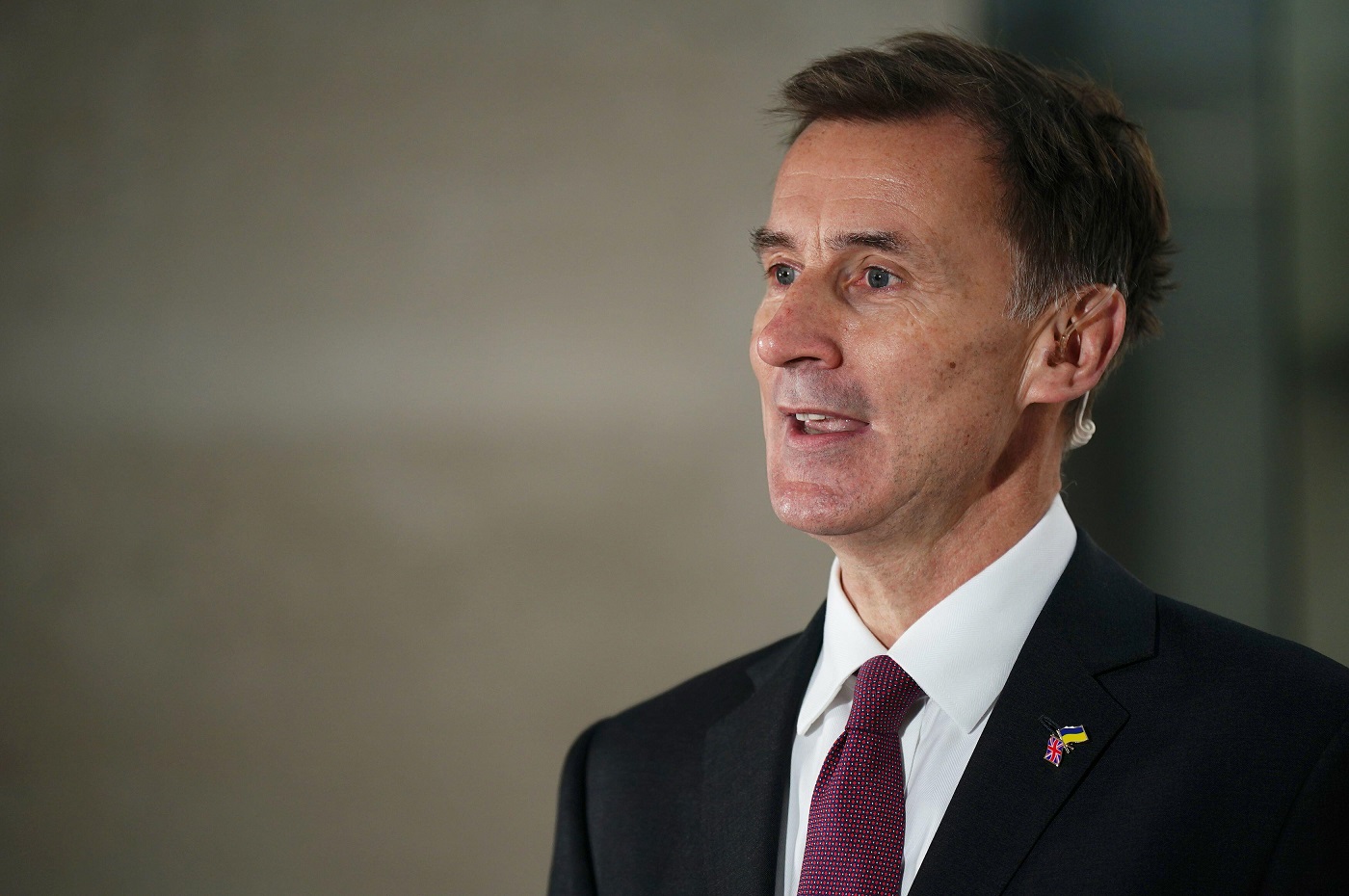Downing Street Plays Down Chance of Tax Cuts Despite Budget Surplus
Downing Street plays down chance of tax cuts despite budget surplus (alamy)
4 min read
Chancellor Jeremy Hunt is facing pressure to increase spending or offer tax cuts at next month's budget after gaining additional fiscal headroom following a bumper January tax take.
The £5.4bn surplus in the first month of the year was driven by record self-assessment tax income and lower than expected spending on energy measures, and came after the Office for Budget Responsibility forecast last year that government borrowing would reach £7.8bn in January.
The figures show that total borrowing for the 2022/23 financial year has reached almost £117bn, around £30.6bn less than predicted by the OBR when Jeremy Hunt delivered his last Autumn Statement.
The economic figures will add further pressure on Hunt to alter next month's budget plans, with Tory MPs continuing to clamour for tax cuts, while union leaders have said the cash should be used to offer pay deals to striking public sector staff.
Speaking on Tuesday, Paul Nowak, the general secretary of the TUC, said the figures meant ministers were "running out of excuses" to continue to refuse negotiations around pay.
"Jeremy Hunt must come out of hiding and help break the deadlock on public sector pay," he said.
"After 13 years of pay cuts and pay freezes, nurses, teachers and millions of other public servants are at breaking point."
He added: "If ministers don't provide a fair pay settlement the staffing shortages crippling our schools, hospitals and other frontline services will just get worse."
Some Tory MPs could also use the figures to further their calls for the Chancellor to reduce taxes at next month's highly anticipated budget.
Former Conservative leader Iain Duncan Smith told PoliticsHome there was now a case for cutting corporation tax, pointing to figures that he said showed that the Republic of Ireland had collected more tax per person despite having a significantly lower rate.
"Look at this figure: Ireland collects £4,000 per person in corporation tax with a 12.5% rate. The UK collects £1,000 per person with a 19% rate," he said.
MP Anthony Browne, who sits on the Commons Treasury Committee, told PoliticsHome it "clearly strenghtens the argument for tax cuts sooner rather than later" but also urged restraint.
"Clearly it's reassuring news financially or economically. I would slightly caution against reading too much into one month's figures, but it's clearly very good news," he said.
 Jeremy Hunt has stood firm on his Budget priorities despite pressure from Tory MPs.
Jeremy Hunt has stood firm on his Budget priorities despite pressure from Tory MPs.
The South Cambridgeshire MP added: "The Chancellor, I'm sure, wants to look at a few months figures before making a decision on that, because one month could just be anomalous.
"And the £5bn, that would pay for a cut in inheritance tax, a cut in residential stamp duty for primary homeowners, and there's also quite big tax cuts you could do with that."
Both Downing Street and Hunt have stuck firm on their commitment to prioritise deficit reduction over increased spending or tax alterations, with the Chancellor saying it was "vital to stick to our plan... over the medium term".
A spokesperson for the Prime Minister said it was important to "understand the context" of the figures.
"You would expect to see a surplus in January because of the timing of the self-assessment receipts," they said.
"The only January deficit since 2015 was in 2021 during the height of the pandemic, so we shouldn’t place too much emphasis on a single month of data.” They added that borrowing remains at record highs and there is “significant uncertainty and volatility".
Labour MP Angela Eagle, who also sits on the Treasury Committee, told PoliticsHome the figures were a "sort of rounding error" in the context of wider government spending.
"It's always good that you err on the side of having a surplus, but in January that's a big year for tax receipts, and so it's understandable that if you're going to get a surplus, it's going to be this kind of time," she said.
"I think although it's been regarded as a really, really good sign in some of the commentary, I don't think it's actually really that significant one way or the other."
Additional reporting by Zoe Crowther.
